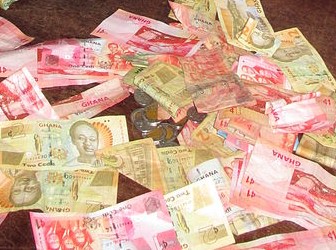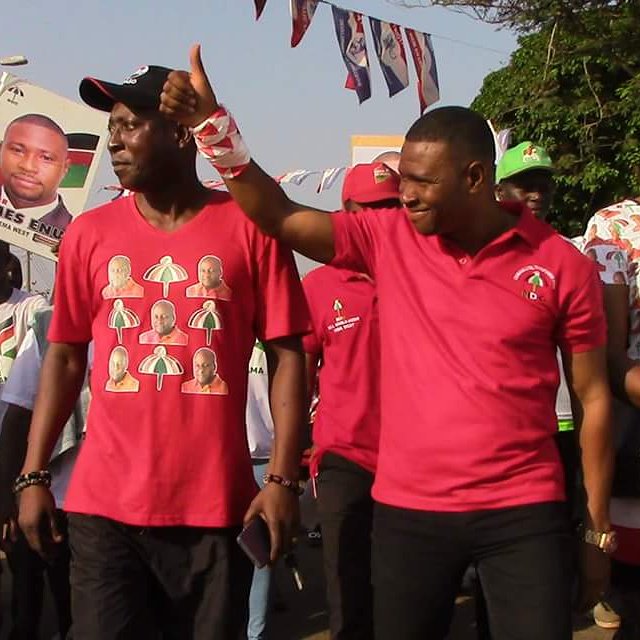
In recent times we find people engaged in all kinds of businesses due to the unemployment rate in the country. One of such businesses is the trading or exchanging of money into smaller denominations by interested users especially drivers.
One may be curious to know the kind of business people who have tables with coins and notes are engaged in mostly at busy bus stop? The answer to this question is that they are in the business of trading money.
How is this trade done? For instance, One has GHc10.00 note and needs change, he or she then go to these money traders and get the change but at a reduce amount of Ghc9.00. Thereby making the trader earn a profit of Ghc1.00.
One may be interested in knowing if this kind of trade is legal? The Currency Act-1964 (Act242) Section1 states that “Any person who buys or sells or Offers or attempts to buy or sell any current coin or any note at or for a lower rate of value than its face value shall be guilty of an offence”
My interest now is in whether or not the Bank of Ghana has any security systems in place to check some of these things? If there are any security systems by the Bank of Ghana, are they working?
Most of these money traders are dotted around town and can mostly be found at busy bus stops where they can easily be patronized by “Trotro mate” and others.
Is it possible that the Bank of Ghana has limited the circulation of smaller notes and coins which has resulted in this money trade?
Do the activities of these money traders have any effect on the country’s economy? And should this trade continue?
I believe the government needs to look at this trending activity and regulate it.
Jacinta H. Sulemana |ahotoronline.com| Ghana


